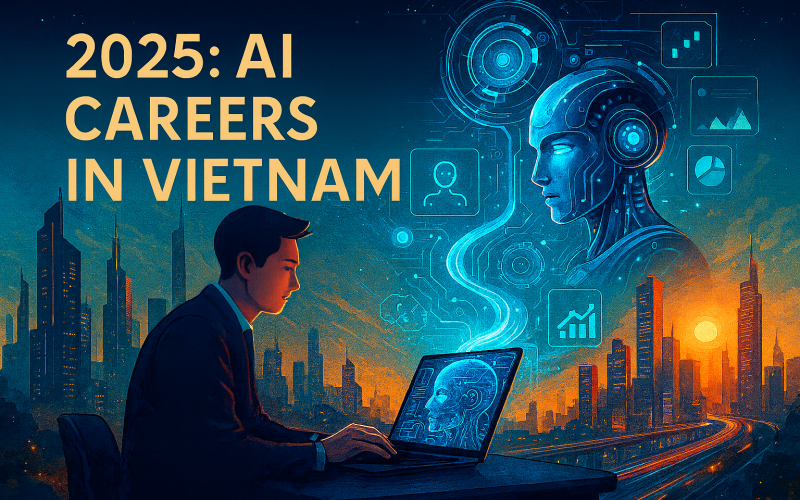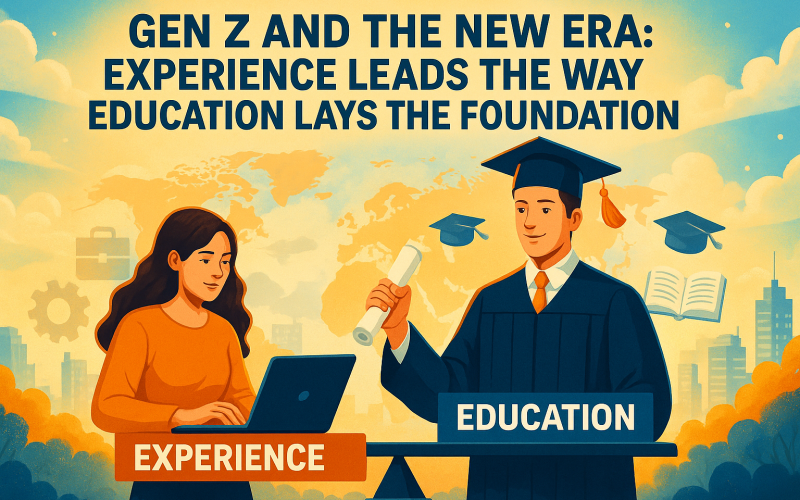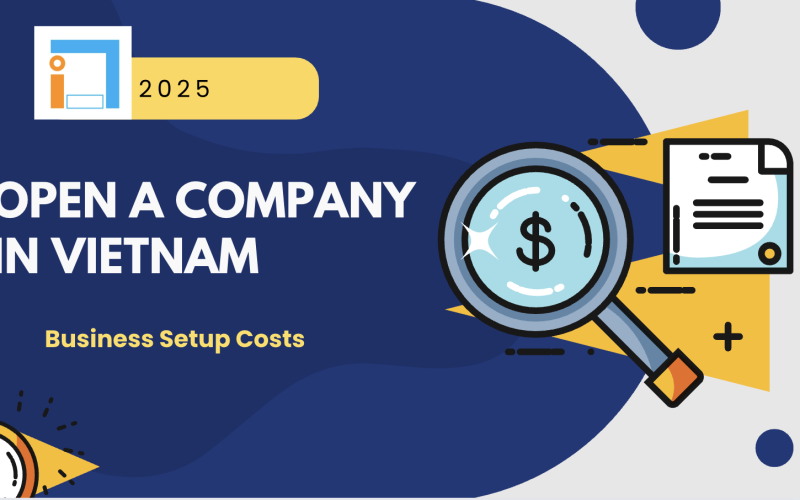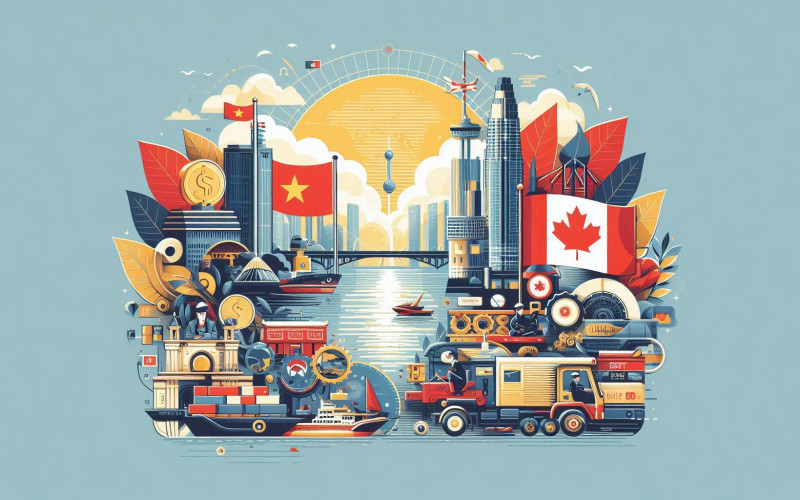AI Becomes a Hiring Standard: What Should Candidates Prepare?
AI is no longer a “bonus skill” but the new standard in hiring. With rising demand, higher salaries, and cross-industry adoption, mastering AI is now essential for career growth. This article explores the trends, challenges, and practical steps candidates need to stay competitive in the AI-driven job market.
AI – From Trend to Recruitment Standard
A study by the Federal Reserve Bank of Atlanta found that the share of job postings requiring at least one AI skill rose from 0.5% in 2010 to 1.7% in 2024—equivalent to about 628,000 job listings. For roles requiring a bachelor’s degree or higher, the figure was significantly higher: up to 4.7%.
In the U.S. labor market, demand for AI skills is growing rapidly. According to Lightcast, demand for AI talent increased by 20% from 2023 to 2024, while mentions of “Generative AI” in job postings nearly quadrupled, from 0.05% to 0.22%. These numbers reveal that AI is no longer optional—it is becoming the new hiring norm.
Companies “Thirsty” for AI – Salaries Surge
PwC reported that jobs requiring AI skills increased by 7.5% year-on-year, even though overall job postings fell by 11.3%. Meanwhile, AI-related positions commanded salaries 56% higher than equivalent roles without AI—up from 25% the year before.
AI Expanding Across Industries – Not Just for Tech
McKinsey predicts that by 2025, 78% of organizations worldwide will adopt AI in at least one business function, compared to 55% just a year earlier.
In Vietnam and many other countries, common AI applications include:
- IT: infrastructure management, enhanced cybersecurity, predictive maintenance, process automation
- Marketing & Sales: trend analysis, consumer behavior prediction, personalized experiences, campaign optimization
- Banking & Finance: fraud detection, risk analysis, personalized financial advisory, automated transactions
- Operations & Customer Service: chatbots, automated support systems, request classification and handling
Skills Gap – A Challenge for Workers
A study on arXiv concluded that for AI and green jobs, skills are taking precedence over traditional degrees: skill demand rose 21%, while degree requirements dropped 15%. The wage premium for AI skills is now higher than for a PhD.
Moreover, roles involving generative AI require 36.7% more cognitive skills and 5.2% more social skills since the emergence of ChatGPT.
How Can Candidates Stay Ahead?
To remain competitive, job seekers should:
- Master generative AI tools such as ChatGPT, Gemini, and Copilot for daily tasks
- Understand basic data analysis, visualization, and AI-powered insights
- Obtain AI-related certifications (Google AI, Microsoft AI Fundamentals, AWS Machine Learning, etc.)
- Gain hands-on experience via freelance projects, hackathons, or student research portfolios
- Develop soft skills like critical thinking, communication, and creativity to complement AI in the workplace
Conclusion: Don’t Stand Outside the AI Game
The soaring demand for AI skills and attractive salaries show that AI is no longer just an advantage—it is becoming the hiring standard. Those who fail to equip themselves will struggle to compete in the rapidly evolving job market. Mastering AI today is an investment in tomorrow’s career—opening up opportunities and long-term advantages in an increasingly competitive labor landscape.












